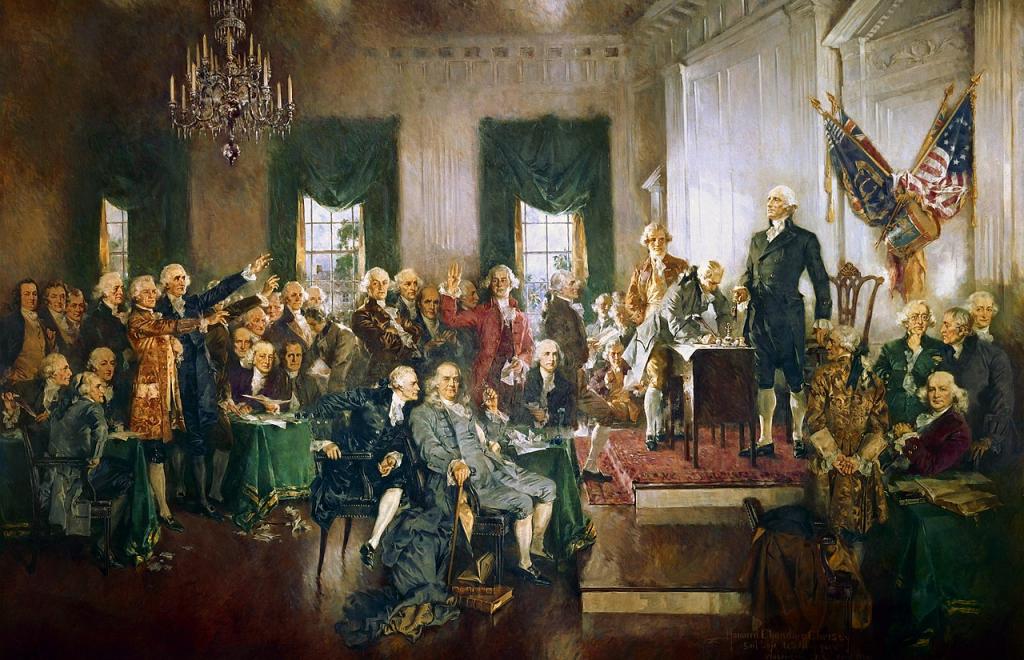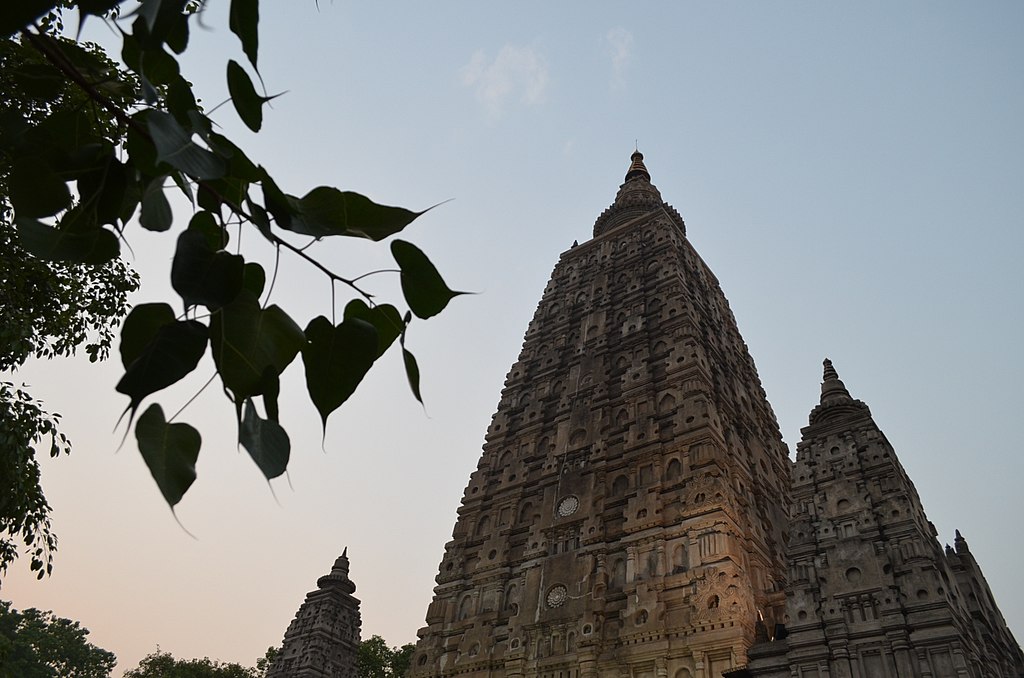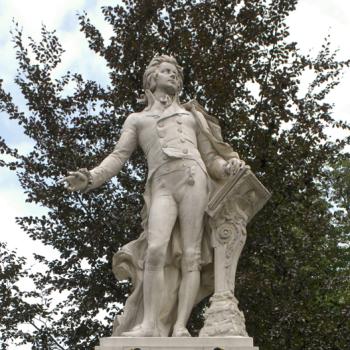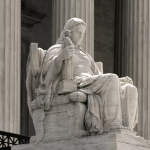This post tells the story of publishing Jewish books in 16th century Venice. What was likely the first commercial publishing company of books in Hebrew began operation in Venice in 1515, and it produced wonderful editions of Hebrew scriptures, including the first printed Talmud. This is the fourth in a series on how printing technology affected the world’s religions. Johannes Gutenberg built the first printing press in Europe and published the first of his famous Bibles in 1452. What is... Read more

















